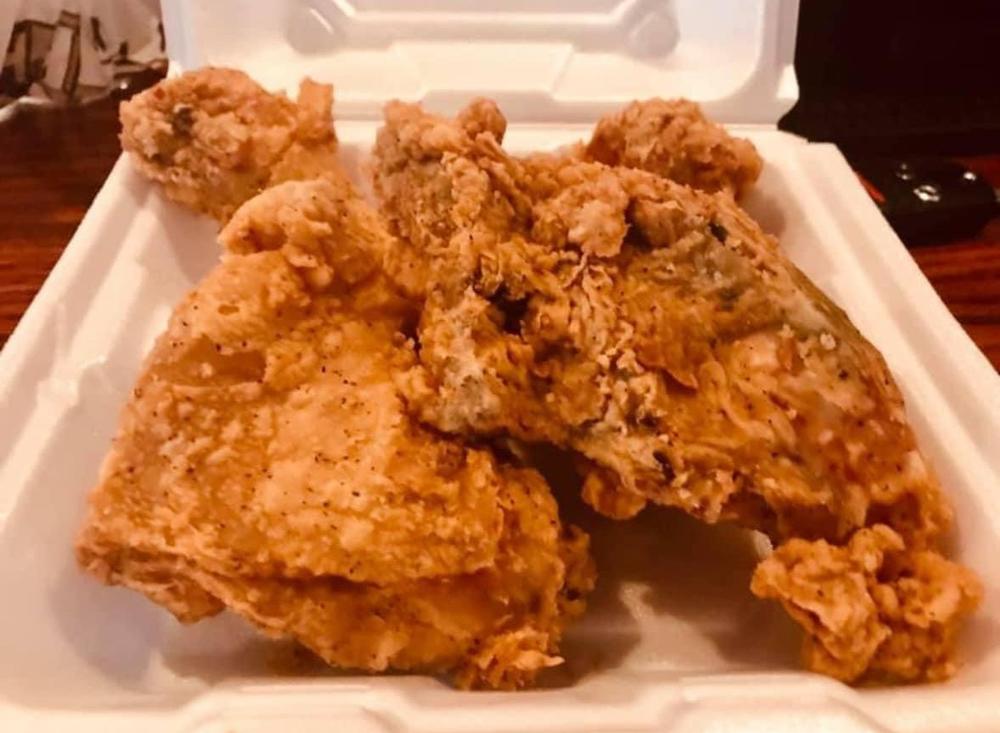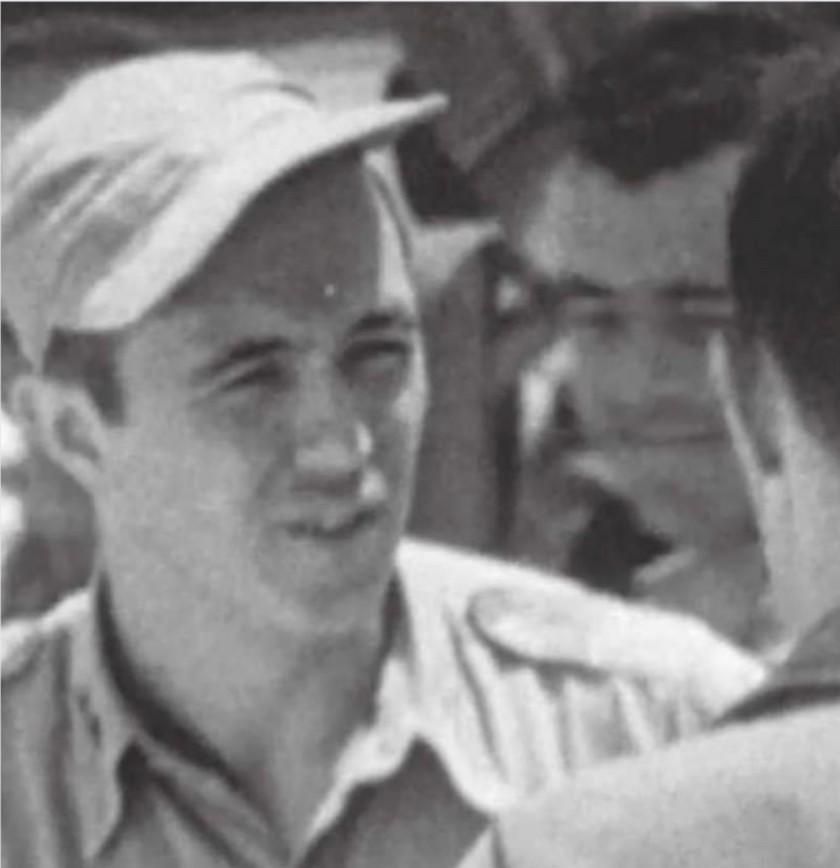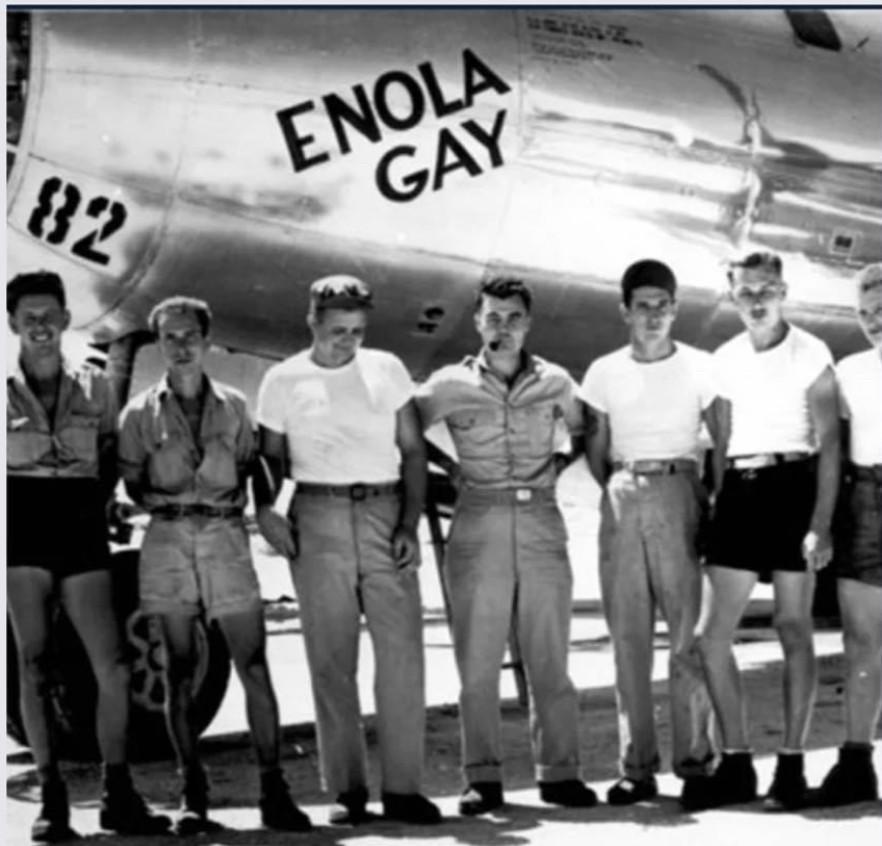
Section Branding
Header Content
If this is farewell to The Colonnade, 'we will not forget ye, nor the need for a Cheshire Bridge Road designated driver'
Primary Content
This week, two late-summer, nonpolitical stories caught my attention.
After a century of serving diners in Atlanta, there's news of The Colonnade possibly meeting its demise. The venerable Cheshire Bridge Road restaurant, now open a limited amount of hours, is up for sale.
I have not been inside in years, but memories burn bright.
If this is indeed the end, let us salute its core values remembered.

There were few Atlanta pleasures topping fried chicken and a gin martini at The Colonnade.
This is not an endorsement of alcohol, but an appreciation of a legendary Atlanta restaurant with an almost 100-year footprint in the city.
The celebrated Colonnade southern food is well-documented. (Tomato aspic, anyone?)
But this possible obituary is not about food, it’s about drink.
If you visit, surrender your 1970 Buick Electra 225 car keys upon entry. And remove your fedora.
The Colonnade bar is a living nod to the Eisenhower era. Charred pineapple mojitos or bourbon apple sangria are not served here. Cocktails concocted after World War I, should not be ordered here.
Try dry martinis, an old fashioned, sidecar, Manhattan, vodka and tonic, a dirty martini, Tom Collins and a Brandy Alexander. (The regulars might be former youth volunteers from the Goldwater Campaign.)
Jay Skinner has been the barkeep for decades. “This isn’t Buckhead. This is a no-nonsense place for cocktails.”
Skinner’s skill is heavy-handed. Her pour is generous - as retro as an Atlanta Crackers ball cap and a Ralph McGill Atlanta Constitution column.
RELATED: WATCH | Nu-Way versus The Varsity - Jeff Hullinger declares who cut the mustard, first
“ My first day was explained from The Colonnade owner," she said. "The bar is for the convenience of the customer.”
It’s not Beltline Atlanta. No fancy lighting. No Italian furniture. No sun-dried tomato stuffed olives. No theatrical, cleavage-baring bartenders. And no $20 drinks.
Grab a napkin. Down the hatch. And hold on until the fried chicken arrives.
Oh no, I can’t stand up.
One martini only. Maybe a gimlet as I wait, too.
Little cocktail onions? Please!
We will not forget ye, nor the need for a Cheshire Bridge Road designated driver.
The other story giving pause for reflection, is the 79th anniversary of the Enola Gay nuclear bombing of Hiroshima in 1945.

In 2012, I received a call with invitation to visit from an 11 Alive viewer in Stone Mountain.
“Jeff, I watch your station. Come see me here in Stone Mountain, I’m in assisted living.”
Theodore “Dutch” Van Kirk, the famous navigator of the Enola Gay had a Japanese luxury car parked in his DeKalb garage and possessed a strong handshake at 91.
The walls of his condominium were lined with framed pictures of his life. It resembled an aeronautics museum, a pictorial of the 20th century.
Major Van Kirk hated war - American involvement in Iraq and Afghanistan. He was deeply suspicious of decisions to go to war in the years after the surrender of Japan.
Then the last surviving member of the crew, he never lost a night's sleep over Hiroshima.
“There was no choice," he told me. "We did our job to end the war and prevent a full-scale, bloody invasion of Japan."
August 6, 1945, Major Van Kirk was flying high above Hiroshima in a Boeing B-29 Superfortress bomber named after Enola Gay Tibbets, the mother of the pilot, Colonel Paul Tibbets.
Ninety-three year-old Major Theodore Van Kirk died in Stone Mountain, July 28, 2014.

Two late-summer, nonpolitical stories caught Jeff Hullinger's attention this week: The near century-old Cheshire Bridge Road restaurant the Colonnade is up for sale; and the 79th anniversary of the Enola Gay nuclear bombing of Hiroshima in 1945.






